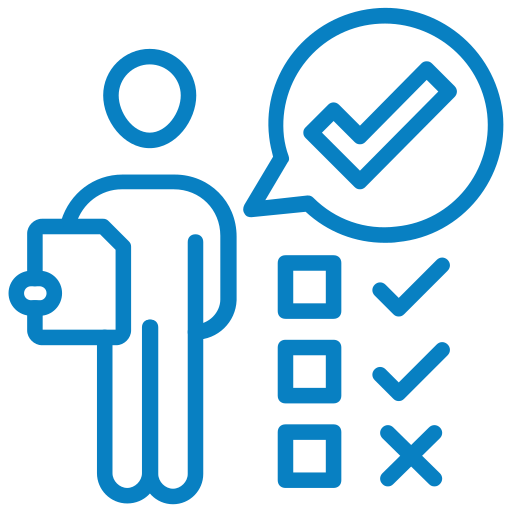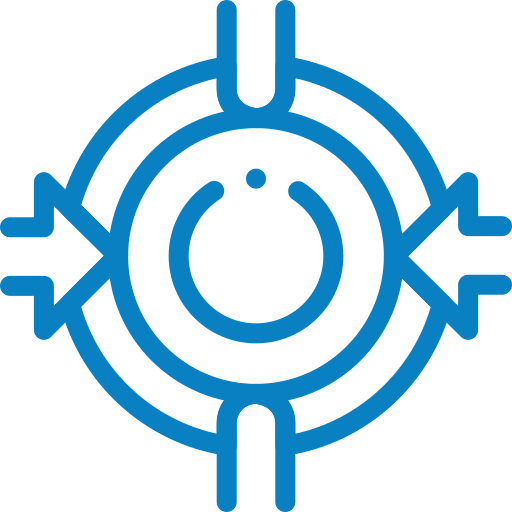Smart Cities Engineer Job Profile
Functions aligned with ESCO
- Design, plan, and develop technical and engineering specifications and solutions for projects from infrastructure optimizing materials and integrating specifications and resource allocation within time constraints.
- Oversee the project on daily basis and is responsible for high-quality results within objectives and constraints, ensuring effective use of resources. Responsible for risk and issue management, communication and stakeholder management.
- Design, plan, manage and maintain cloud-based systems. Responsible for developing, implementing and debugging cloud-applications and handle migration of applications to cloud.
- Advise and implement solutions to control access to data and programs and ensure protection of processes. Responsible for protection and security of systems and network and design, plan and execute the system's security architecture, with models and security policies and procedures.
- Collect and interpret rich data sources, manage large amounts of data, merge sources, ensure consistency and create visualizations to aid in understanding data using mathematical models and communicate insights and findings to team and, if required, to non-experts and recommend ways to apply data.
- Design, integration and acceptance testing of automation systems integrating connected devices and smart appliances within residential facilities. Work with key stakeholders to ensure the desired project outcome including wire design, layout, appearance and component programming.
Essential knowledge and skills
 |
IoT knowledge. Principles, requirements, limitations and vulnerabilities of smart connected devices and automatic control systems for digital control, distribution saving and use of energy and information management. IoT skills. Design and calculate smart systems, based on grid load, duration curves, energy simulations, etc. |
 |
Security knowledge. Methods and standards to protect ICT systems, resources and users against illegal or unauthorized use, identifying, assessing and dealing with all types of risks including from cloud computing Security skills. Create strategy for safety and security, with set of rules and policies. Analyze systems to identify risks and implement procedures for identifying, assessing, mitigating them and prepare recovery plans |
 |
Cloud Computing knowledge. Technologies to access resources (hardware, software, services, etc.) through remote servers and software networks irrespective of location and architecture and metrics and alarms for monitoring services. Cloud Computing skills. Design infrastructure (networks and architecture) to implement optimized cloud solutions for customer requirements, fault toleration, workload and business needs. Identify elastic and scalable and cost-effective solutions and remediate deployment issues |
 |
Data analytics knowledge. Statistical methods, practices and data techniques for collection, organization, structure of data elements, analysis, interpretation and presentation of data (local and cloud) to reinforce the human understanding. Data analytics skills. Define data quality criteria; perform data analysis with statistical techniques to interpret data to assess development and innovation. |
 |
Machine Learning and Big Data knowledge. Big data technologies (machine learning, datamining, etc.) for smart cities to develop novel software ecosystems upon which advanced mobility functionalities emerge. Machine Learning and Big Data skills. Explore large datasets to reveal patterns using statistics, database or AI and present information in a comprehensible way. |
 |
Business and Management knowledge. Management principles and methodologies for projects or for own business venture, identifying creative solutions and according to quality standards and legal dispositions. Business and Management skills. Manage and plan resources (budget, deadline, results, quality), according to codes of conduct, and monitor progress and changes according to customer requirements and advice in a creative and feasible way according to legal dispositions. |
 |
Green knowledge. Political and technical processes to design urban environment and optimize land use considering aspects such as infrastructure, water, green and social spaces, circular economy, energy conservation and waste management. |
Optional knowledge and skills
 |
Green skills. Apply principles, policies and regulations aimed at environmental sustainability (e.g., reduction of waste, energy and water consumption, reuse and recycling, and sharing economy) and promote a sustainability-oriented mindset on urban ecological attitude and on environmental impact of behavior, applying measures to reduce pollution (air, noise, light, water or environmental). |
Soft skills
 |
Accountability (customer focus, diligence, reliability, efficiency) |
 |
Communication (networking, negotiation, teamwork) |
 |
Creativity (critical thinking, problem solving, decision making, initiative) |
 |
Ethical behavior (respect diversity, respect environment, respect privacy) |
 |
Leadership (coaching, conflict resolution, entrepreneurship, strategic thinking, motivate others, manage quality) |
 |
Self-management (adaptability, organization, positive attitude, self-control, personal development) |
 |
Tenacity (goal orientation, patience, motivation, resilience) |